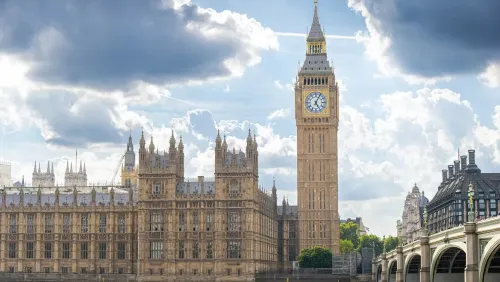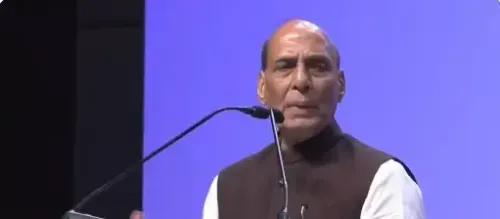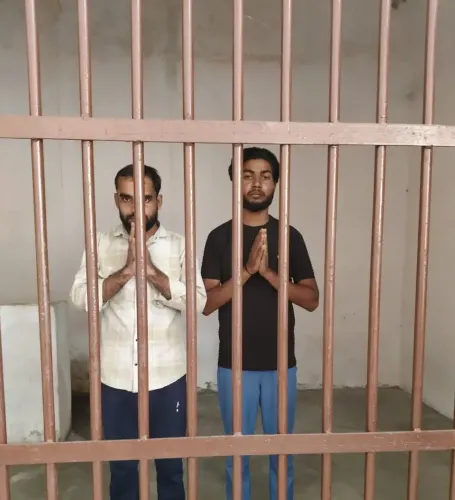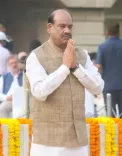Why is the Pakistani Judiciary Being Criticized for Extending the Remand of Baloch Leaders?
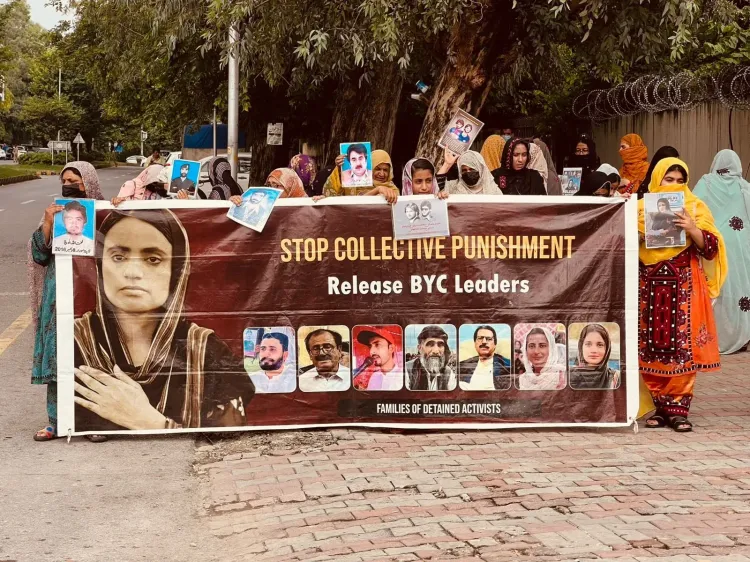
Synopsis
Key Takeaways
- The Anti-Terrorism Court in Pakistan has extended the remand of BYC leaders by 20 days.
- Human rights organizations criticize the judiciary for alleged complicity in state oppression.
- The BYC accuses the court of prioritizing state interests over civil liberties.
- Calls for international intervention are growing amid ongoing human rights violations.
- The situation underscores the challenges facing legal independence in Pakistan.
Quetta, Aug 3 (NationPress) - The Anti-Terrorism Court (ATC) in Pakistan has prolonged the police remand of leaders from the Baloch Yakjehti Committee (BYC) by another 20 days, eliciting fierce backlash from a human rights organization, which accused the judiciary of becoming 'indirectly complicit' in the persistent human rights crisis affecting Balochistan.
In a statement shared on X on Sunday, the BYC denounced the court's ruling, labeling it as a 'joint conspiracy' by the judiciary and state institutions aimed at suppressing the voice of Balochistan.
'This action not only contravenes fundamental legal principles but also casts serious doubts on the judiciary's independence in Pakistan. It is evident that the courts are yielding to state and military pressures, thereby reinforcing oppressive forces instead of delivering justice to human rights advocates.' The statement continued.
The BYC expressed disappointment regarding the judiciary's actions in Balochistan, noting that since the initial arrests under the 3 MPO (Maintenance of Public Order), they had sought relief from the Balochistan High Court.
However, instead of granting legal aid, the court has 'repeatedly yielded to state pressure', transferring the case to the Home Department, occasionally rejecting it, and now extending the remand without any legal grounds, 'favoring the state's position over civil liberties.'
The BYC's legal representatives highlighted that according to Pakistan's Anti-Terrorism Act (ATA), extending physical remand beyond 14 days necessitates compelling evidence.
Nevertheless, the court has consecutively approved a 10-day, a 15-day, and now an extra 20-day remand without any significant police advancements.
'In Balochistan, the courts are fulfilling military agendas rather than serving justice. The judiciary's role should be to uphold the constitution and the law while ensuring justice for citizens, yet in Balochistan, it is undermining constitutional principles in a colonial-style manner, thus becoming a participant in this oppression.' stated the BYC.
'The only 'offense' of Dr. Mahrang Baloch and the Baloch Yakjehti Committee leadership is their peaceful demand for basic human rights and justice through democratic means. Yet, the state has wrongfully labeled them as terrorists and incarcerated them like criminals. This behavior starkly violates all international human rights and justice standards.'
The BYC has called on the United Nations, global human rights organizations, and the international community to urgently address what it has described as 'state oppression and judicial injustice' transpiring in Balochistan.

